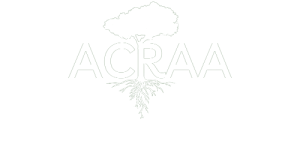Plants for Use in Agroforestry Systems and Urban Afforestation
Agroforestry and Community Planting Initiative
Located in the heart of the Amazon near Alter do Chão, Pará, the ACRAA nursery dedicates half of its production to supporting Indigenous agroforestry systems and urban greening projects. Unlike our ecological restoration work, these plants follow different guidelines—while we prioritize species naturalized to the Tapajós region, we include some non-native (but locally adapted) fruit and medicinal trees that benefit our Indigenous partners.
Our Approach:
• All seeds come from mature, fruit-bearing trees already thriving in our region
• We prohibit non-local imports (no seeds from other biomes or countries)
• Species are selected in dialogue with the Borari and Munduruku peoples, who receive most plants
Current Agroforestry Collection (31 species):
Fruit Trees: Pitanga; Pitomba; Graviola; Andiroba; Saputilha; Tamarindo; Ingá-cipó; Jambo; Rambutam; Cacau; Jambolão; Limão; Cupuaçu; Abiu; Cereja do Mato; Jaboticaba; Açaí; Graviola; Tangerina; Mari-mari; Jaca; Ingá-gordo; Castanha do Pará; Araticum; Genipapo; Biribá; Limão Caiano; Abacate; Manga
These plants help strengthen:
-
Borari community agroforests along the Tapajós
-
Munduruku subsistence plantings
-
Food security projects in Alter do Chão
MORE GREEN, MORE LIFE
Rua Everaldo Martins, s/n., Bairro Carauari, Alter do Chão, Santarém-PA. CEP 68109-000
contact@acraabrazil.org
CNPJ: 50161.510/0001-19
